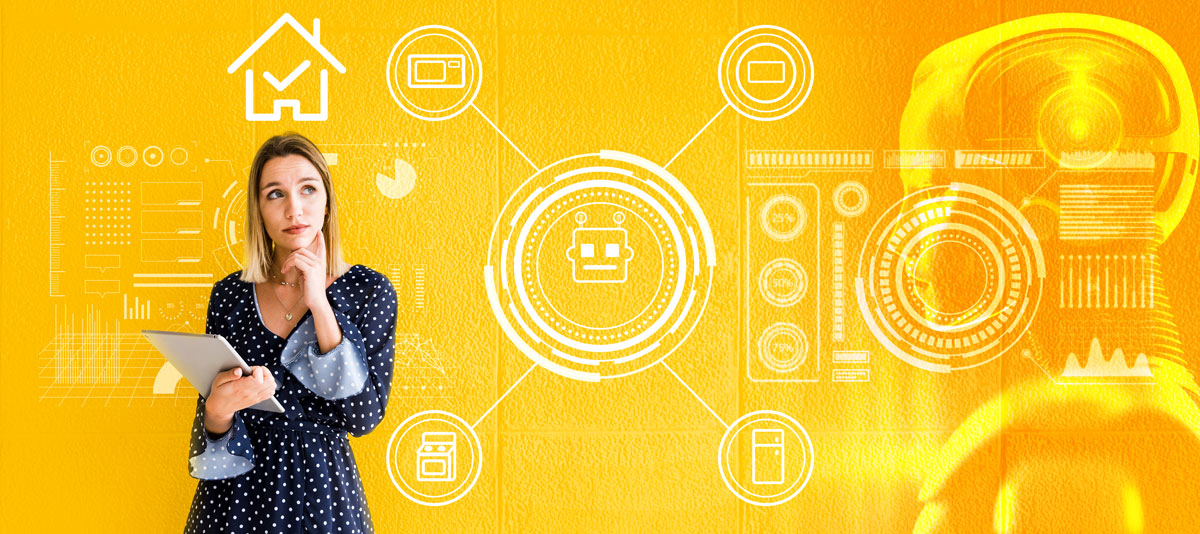The artificial intelligence (IA) has experienced exponential growth in recent years, and its applications are revolutionizing various aspects of our lives. While there have been significant advances in fields such as medicine, the automotive industry, and customer service, one area where AI promises to have a particularly notable impact is in our homes. In this article, we will explore how artificial intelligence is expected to be used in the homes of the future, enhancing comfort, efficiency, and security in our daily lives.
Smart home assistants:
One of the most visible applications of artificial intelligence in homes is the proliferation of smart virtual assistants. These devices, such as Amazon Alexa, Google Assistant, and Apple Siri, use natural language processing and machine learning technologies to understand and respond to our commands and questions. In the future, these assistants will become even more sophisticated, able to control not only household electronic devices but also interact with appliances, lighting systems, smart locks, and security systems.
Automated homes:
AI will also enable fully automated homes, where devices will communicate with each other to optimize energy usage and improve efficiency. For example, AI will be able to automatically adjust the temperature and lighting according to user preferences and environmental conditions, reducing energy consumption. Smart appliances, such as refrigerators and washing machines, will be able to optimize their operating cycles to reduce water and energy waste, saving money in the long run.
Enhanced security:
AI will also play a crucial role in home security. Smart security systems will use machine learning algorithms to recognize patterns and detect suspicious activities, sending alerts and notifications in case of intrusion. Additionally, AI-equipped surveillance cameras will be able to distinguish between objects and people, reducing false alarms and improving responsiveness in emergency situations.
Healthcare:
Artificial intelligence will also be integrated into home healthcare. Devices such as activity monitors, smartwatches, and health sensors will be able to collect real-time data about our physical and emotional condition. This data can be analyzed by AI algorithms to detect patterns and trends, alerting us to potential health issues and providing personalized recommendations to improve our well-being.
Personalized experience:
Artificial intelligence will also enable the creation of personalized homes that adapt to our individual preferences. AI systems will be able to learn from our daily routines, lighting and temperature preferences, entertainment schedules, and personal needs. This will provide us with a unique and personalized experience in our homes, where everything from music to ambiance will automatically adjust to our preferences.
The future of homes will be driven by artificial intelligence. As this technology continues to advance, we will see an increase in automation, enhanced security, home healthcare, and personalized experiences. While there are challenges that need to be addressed, such as privacy and ethics, the potential of artificial intelligence to improve our daily lives at home is undeniable. We are entering an exciting era where our homes will become smarter and more tailored to our individual needs, thanks to artificial intelligence.




